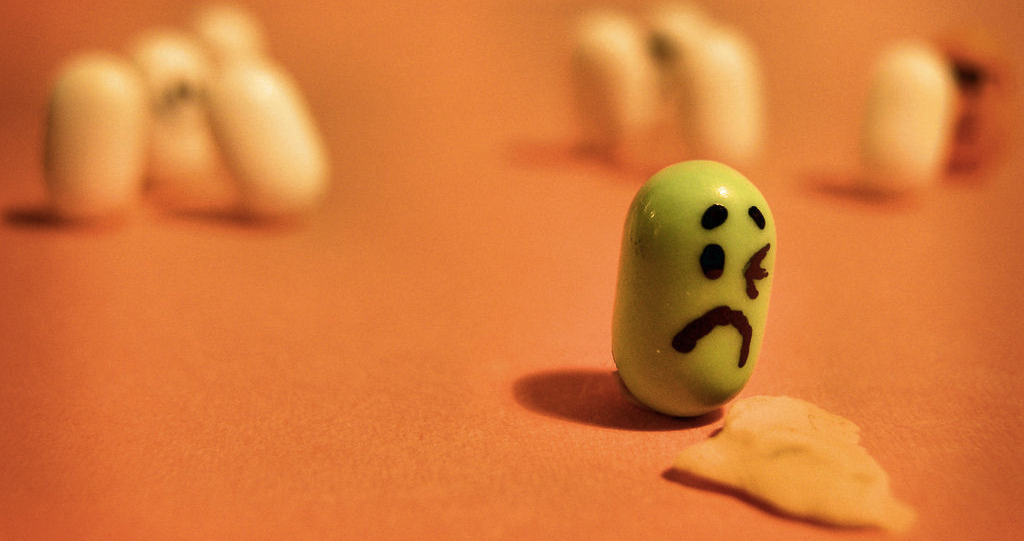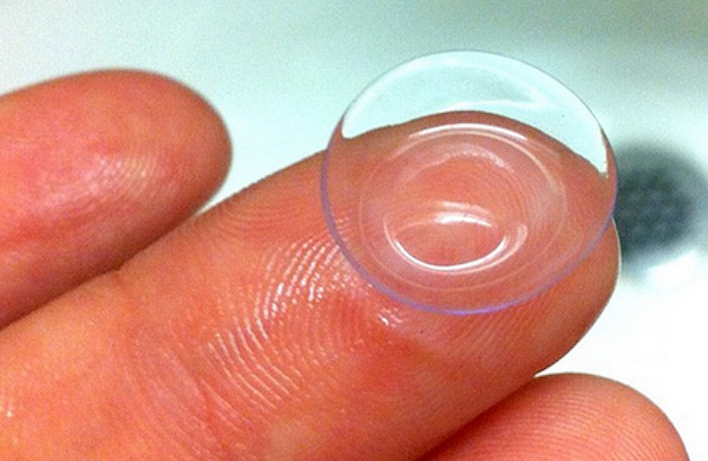Cars increasingly drive themselves. If tech companies have their way, then entirely autonomous vehicles will be the future as soon as possible. But that future isn’t exactly primed to be glorious for everyone. For those of us at all prone to motion sickness, that future — despite being lower on accidents and higher on energy efficiency — is not going to be fun. [More]
science
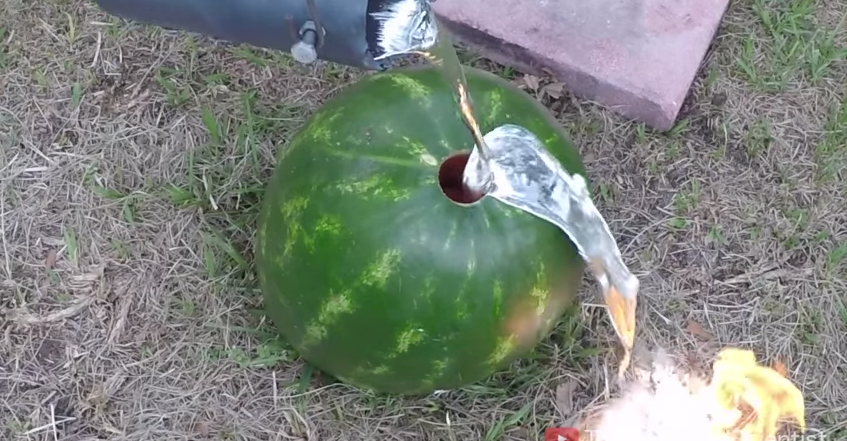
Guy Pours Molten Aluminum Into Watermelon Because He Knew We Couldn’t Resist Watching The Video
There is no question we never fail to answer in this Internet age, and it’s, “What’s gonna happen next?” We have to know. We were born needing to know. And so of course, we must click a button and find out what could possibly occur when some guy pours molten aluminum into a watermelon and films it. [More]
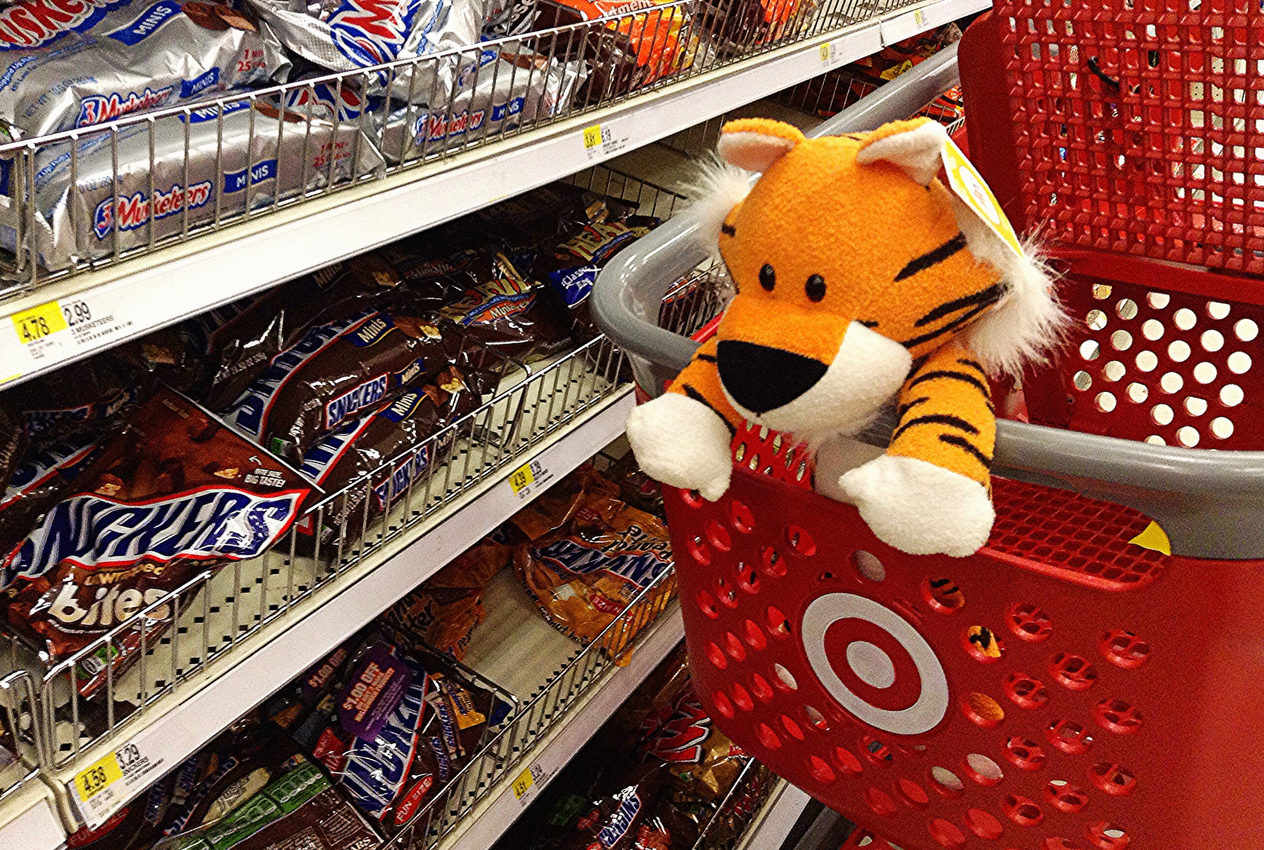
Science Says You Shop Differently If You’re Looking Up At Products
Just about everyone knows that the vital shelf space on a supermarket shelf is right below eye level, where your eyes are naturally drawn to products and you don’t have to crouch or crane your neck to see. A new study claims that vertical positioning on a shelf doesn’t just impact whether or not we see a product, but what kinds of purchasing decisions we make. [More]
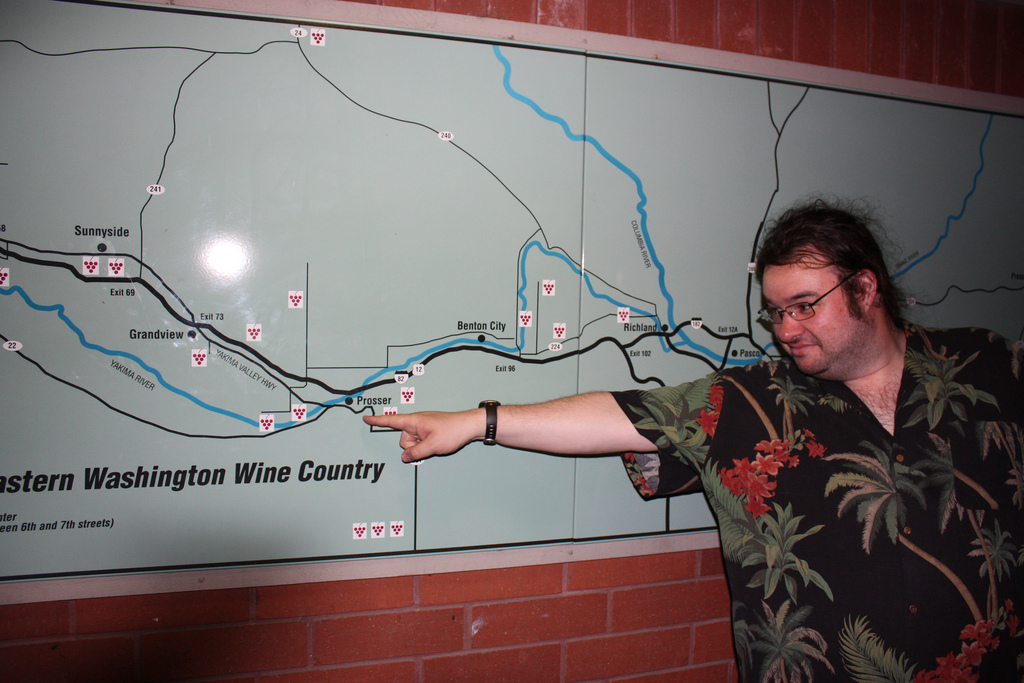
Future Travel Apps Will Plan Your Road Trip Bathroom Breaks
A three-hour drive is never a three-hour drive, thanks to traffic snarls, pit stops, and weather conditions. While current mapping apps are better able to predict how long it will take us to get somewhere, what if they could also recommend the best time and place for you to stop based on past traffic data? An algorithm from researchers at MIT might help real-life travelers do this. [More]
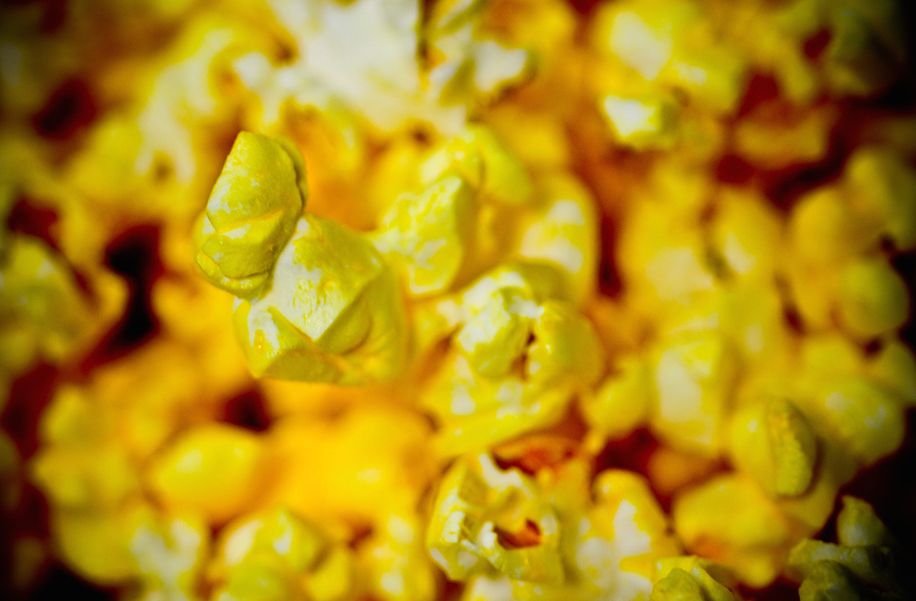
Why Does Popcorn Pop, Anyway?
There is perhaps no other sound in the culinary world that evokes immediate recognition quite like the noise popcorn makes when it’s popping, whether in a pan on the stove, a bag in the microwave or some kind of popping machine. But while we know the temperature at which popcorn pops*, why exactly corn makes that popping noise when turning itself into those fluffy kernels is a question science hadn’t quite answered yet… until now [cue suspenseful music]. [More]
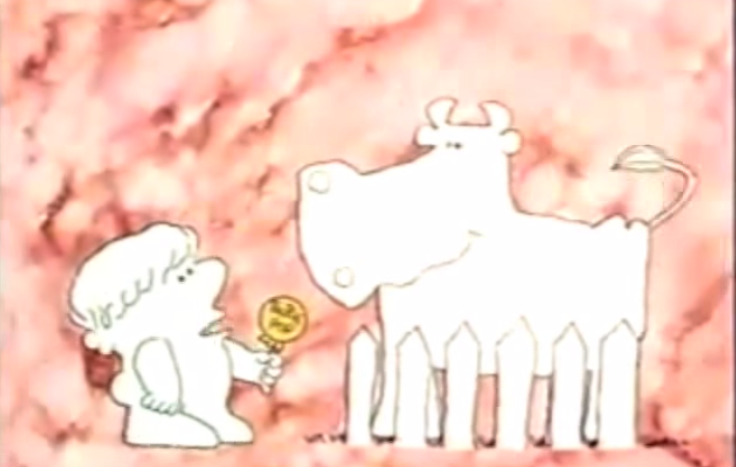
Mathematicians Say They Finally Know How Many Licks It Takes To Get To The Center Of A Tootsie Pop
If there was one math question I was interested in as a kid, it was the mystifying puzzle of exactly how many times you’d have to lick a Tootsie Pop to get to the Tootsie Roll center. But while I was fine letting someone else figure out that question, other children grew up and decided to actually answer it — or at least, arrive at an approximate answer. [More]
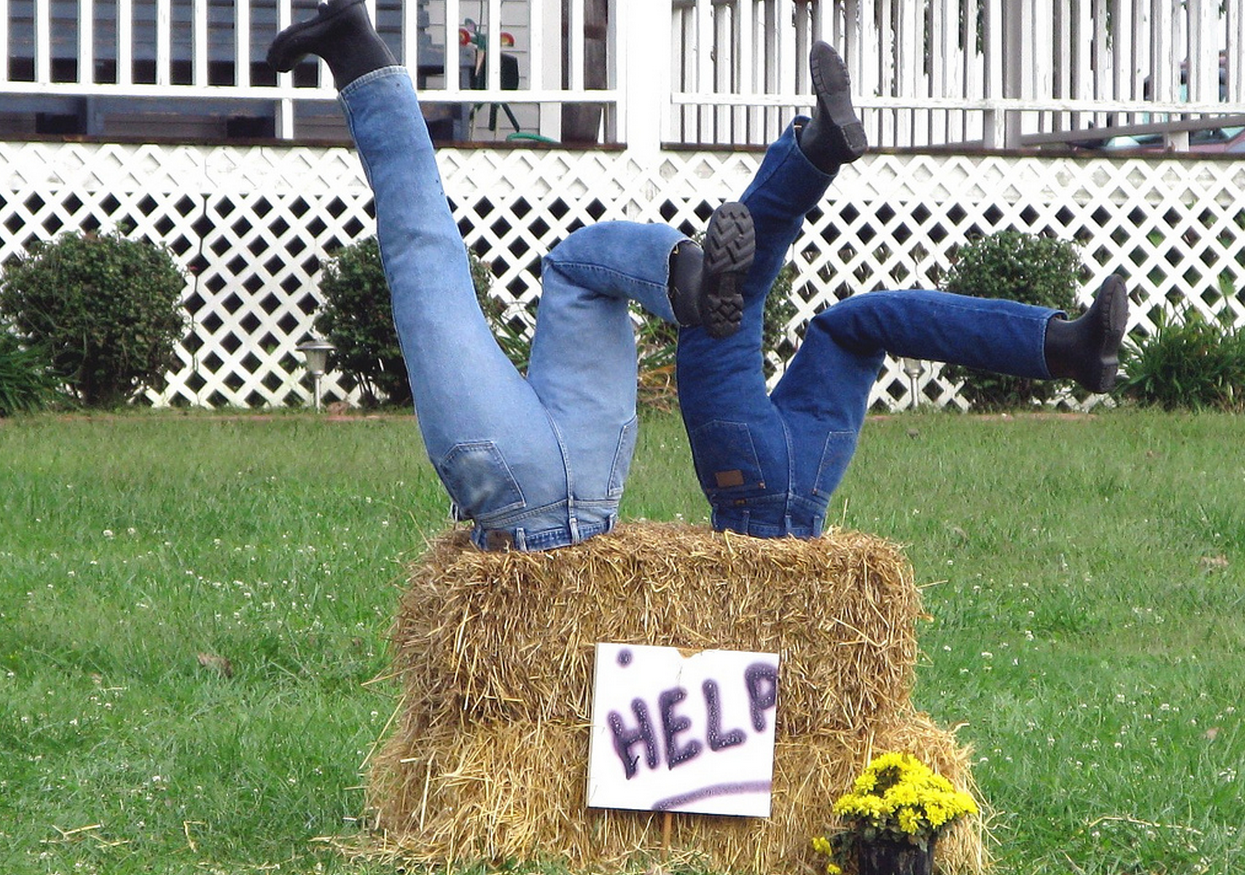
Do Funny Consumer Complaints Lead To Better Results Or Just Hurt Your Case?
A bad consumer experience can result in a lot of anger, perhaps even rage, toward the offender. For some people, the healthiest way to direct that fury is to have a sense of humor about what happened while still trying to get across the message that they were wronged. While slapping an ironic grin on your vitriol might preempt your punching the wall (or someone else) in frustration, is it any more effective than a dry and humorless complaint? [More]
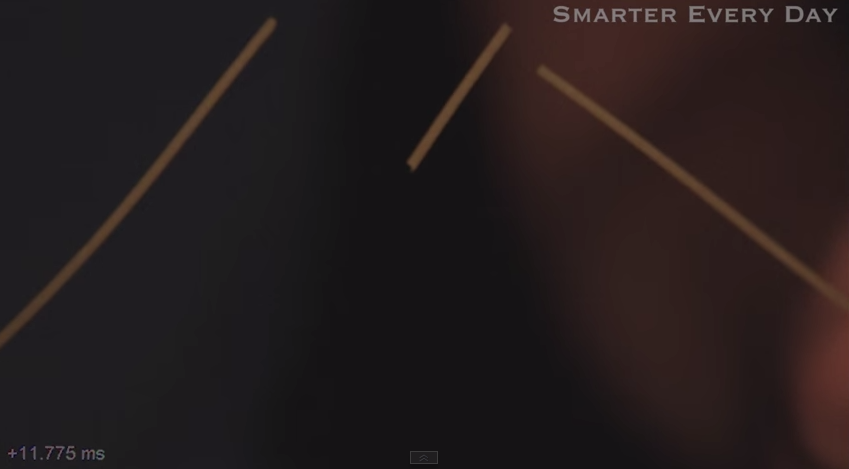
Why Does Bending Uncooked Spaghetti Break It Into More Than One Piece?
Anyone who’s ever broken a handful of uncooked pasta over a pot of boiling water, only to find noodle shards flying all over the kitchen might wonder why the darn noodles refuse to simply break in half. So why does dry pasta shatter into more than two pieces when you bend it, to the frustration of many a home cook? Science is here to explain. [More]
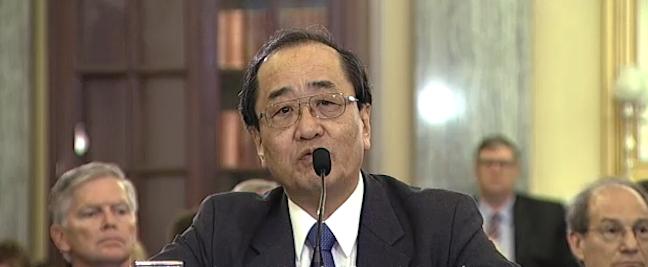
Takata “Deeply Sorry” To Those Affected By Defective Airbags, Still Reluctant On Nationwide Recall
In September 2013, Stephanie Erdman’s life changed forever when her 2002 Honda Civic collided with another vehicle on the way to a local grocery store in Florida. While Erdman’s passenger suffered only scrapes and bruises, she’s undergone a number of surgeries – with more to come – after being struck by shrapnel from her vehicle’s ruptured Takata airbag. Erdman’s story, and the graphic photos of her accident and injuries, took center stage Thursday morning during a Senate Commerce, Science & Transportation hearing addressing the airbag defects that have now been linked to at least five deaths. [More]
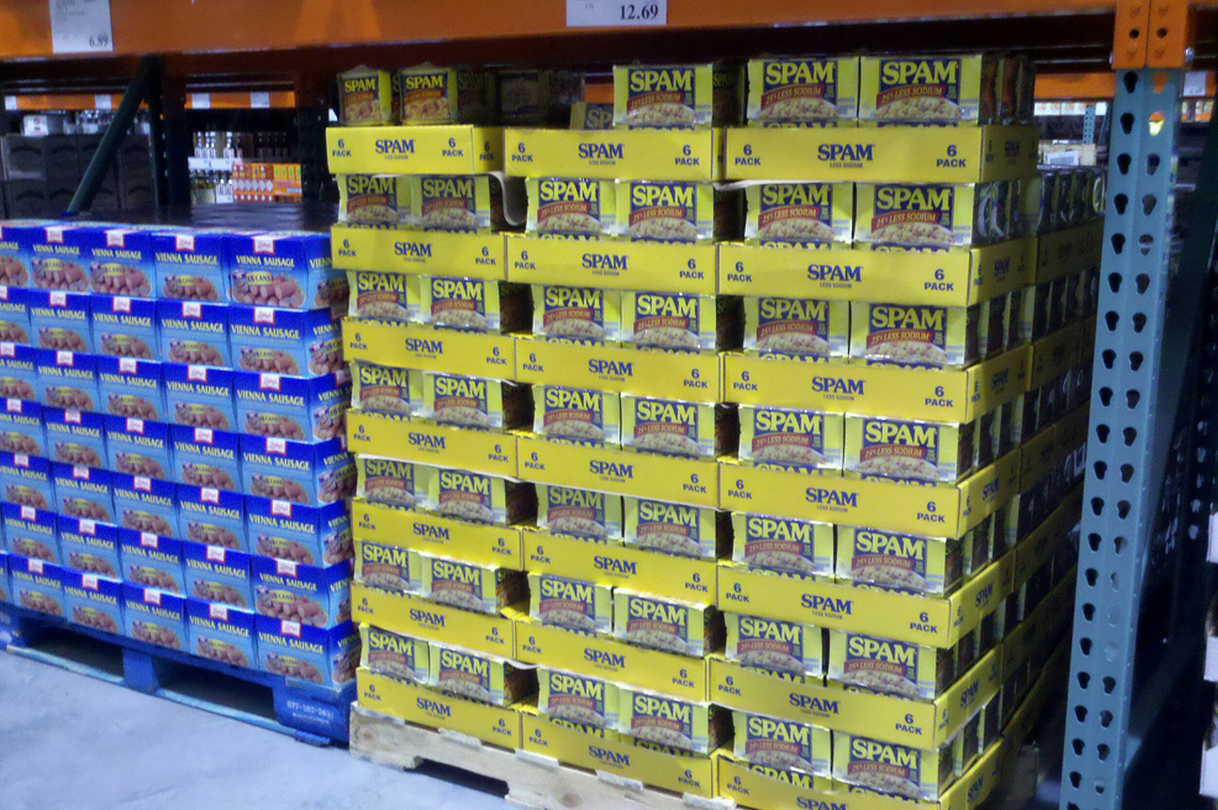
The Costco Effect: Science Says We Choose Less Variety When Buying In Bulk
When you go to a convenience store to grab a few cold drinks and some snacks, you’re probably going to make different shopping choices than you would at the supermarket or warehouse store. And a new study claims that we tend to go for more variety when we’re not buying in bulk — even if the bulk packages offer variety. [More]
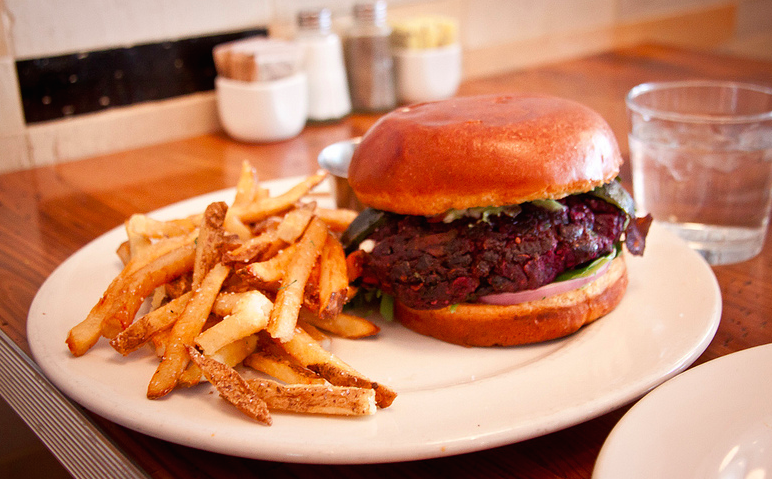
Would You Eat A Veggie Burger That Bleeds?
If your first reaction to the above headline is “Oh my god oh oh my god why is a burger made from vegetables bleeding,” you’re not alone. Rest easy, my meat eschewing friends, these vegetarian burgers are only juicing “blood” made from plants. [More]
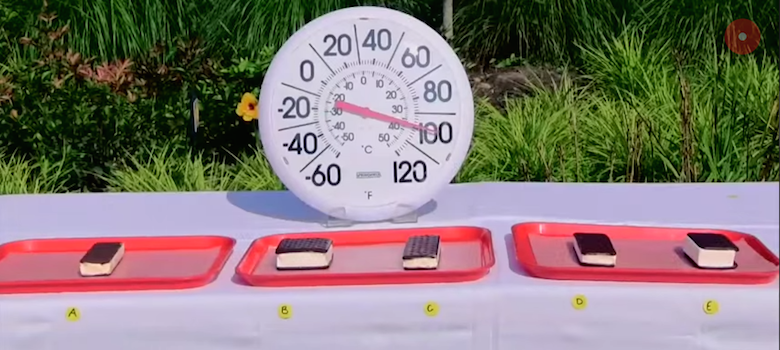
The Science Behind Those Never-Melting Ice Cream Sandwiches
If you find the idea of ice cream that doesn’t melt after sitting out for hours in 80-degree heat unsettling, you aren’t alone. And because you can’t believe everything you hear on the news, our knowledge-thirsty compatriots at Consumer Reports decided to test out those never-melting ice cream sandwiches for themselves. [More]
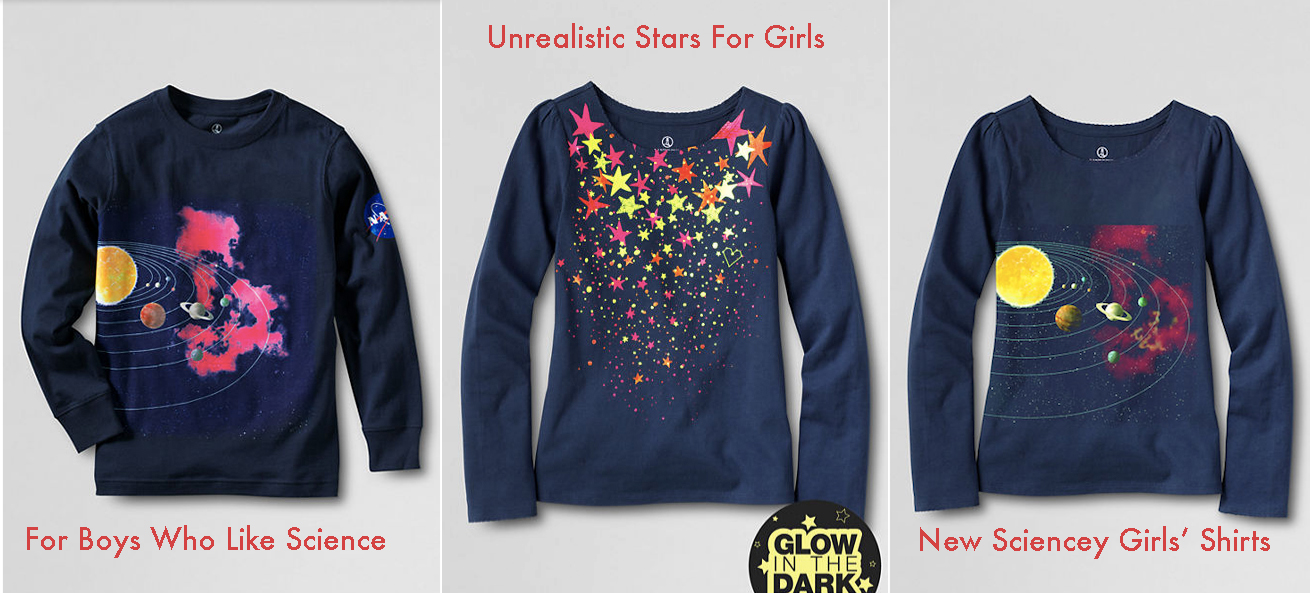
Lands’ End Announces Science-Themed Shirts For Girls Because Boys Aren’t The Only Ones Who Like Science
Somehow there are still retailers out there who are late to get the message: Yes, some boys like science. But so do some little girls, and the fact that Lands’ End had science-themed shirts featuring “realistic images of planets and our solar system,” while its T-shirts for girls only had unrealistic stars and dogs in tutus was very disappointing to the mother of one girl who happens to be bonkers about all things space. She wrote a letter telling Land’s End so, prompting the retailer to announce that it’s adding new sciencey shirts for girls as well. [More]
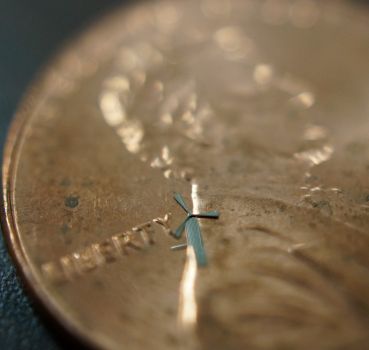
Micro-Windmills Could Power Your Smartphone In The Future
Using windmills in non-traditional places — like the roofs of high-rise office buildings and stadia — is already an accepted way of harnessing wind energy to generate electricity. But students at the University of Texas at Arlington want to put windmill power in the palm of your hands. [More]
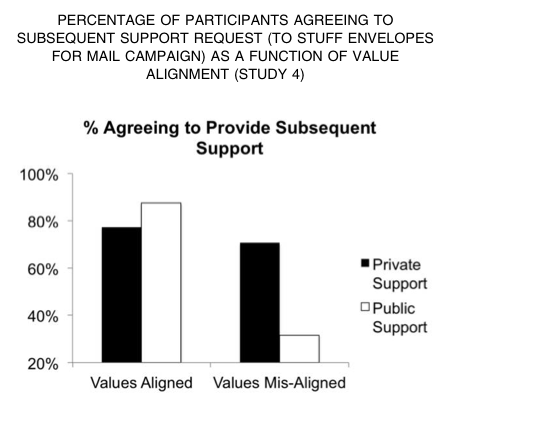
Easy Public Displays Of Support For Charities Lead To Slacktivism
Scroll through your Facebook timeline and you’ll no doubt see any number of people passing on links, photos, stories, invites to groups… all for allegedly good causes. It’s become increasingly simple to say you support things like ending world hunger or providing shelter to victims of natural disaster, while at the same time doing absolutely nothing that actually helps to solve those problems. Such behavior has earned the name “slacktivism,” and a new study aims to show how many people can trick themselves into thinking they have done enough by simply putting on a ribbon or liking a Facebook page. [More]
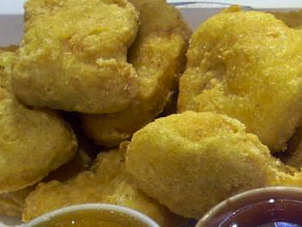
Just How Much Chicken Meat Is In Your Chicken Nugget?
Chicken nuggets remain a source of mystery for many fast food customers (who often don’t hesitate to chow down after briefly pondering why that one piece looks like a boot), as they generally don’t come from unprocessed cuts of white or dark meat. And so researchers at the University of Mississippi Medical Center performed an “autopsy” on some nuggets to see what they came up with. [More]

Does The Shape Of Chocolate Change How It Tastes?
If there’s one thing that’s important about chocolate — and there are many — it’s how it tastes. Smooth, velvety, dark or milk chocolatey, all of these factors matter to the refined choco-consumer. But what about its shape? Cadbury aficionados across the pond say once the bars of Dairy Milk changed shape, the taste went out the window. [More]


